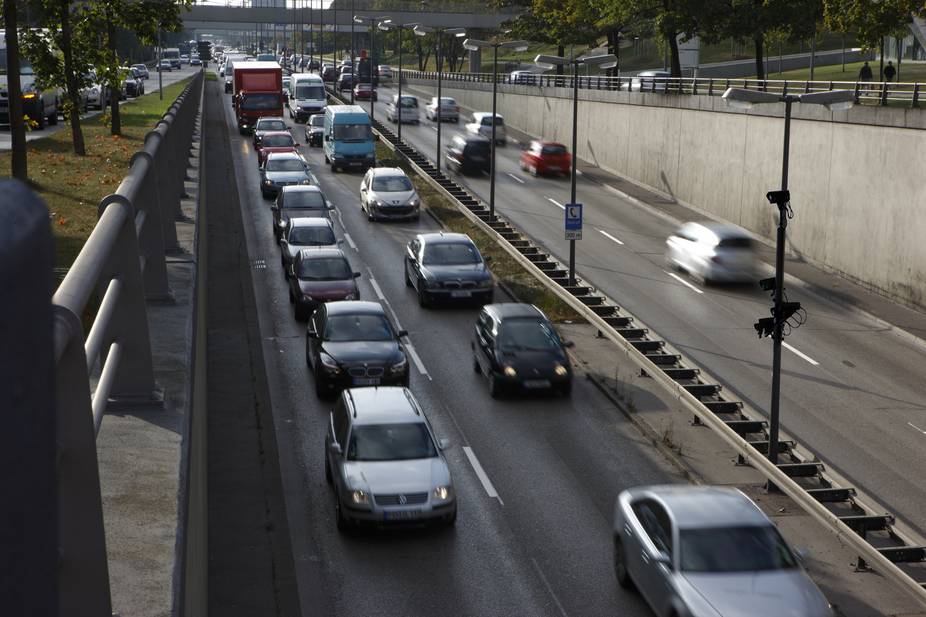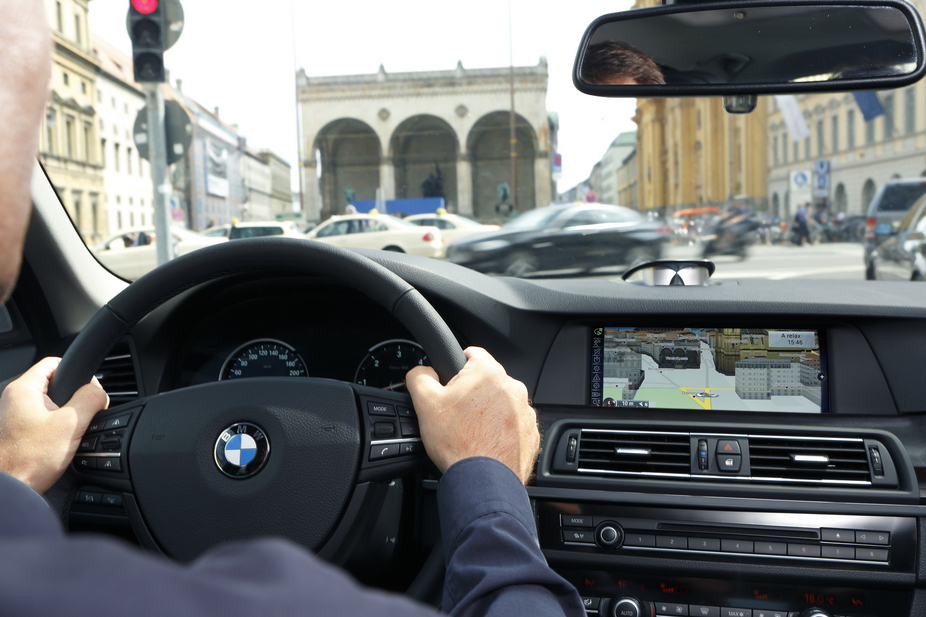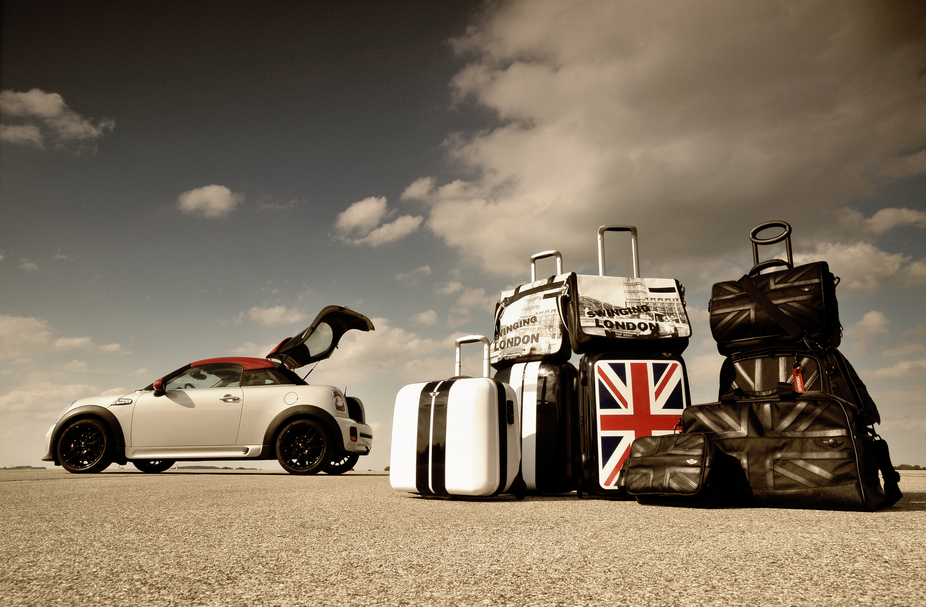|
Send this page to a friend! Fill in the form bellow | ||
Driving Advice
Making the most of your fuel
Most people won’t have failed to notice the hike in fuel prices over the last few years, the question is: what can you do to stifle the rise in your monthly fuel expenditure?
I have seen, with some bemusement, huge numbers of people rushing through the doors to their nearest dealership with the sole intention of buying a new, more efficient, diesel car. In such a case it is always worth doing the maths.
A little while ago I wrote this – and it might be worth another look:
"Petrol or diesel? It might be worth doing your sums. In recent times we have all been obsessed with buying the most economical diesel almost regardless of cost. The price of fuel has increased with alarming alacrity and our need for personal transport has not diminished, in fact there are very few of us who have really made the switch to bicycles or public transport.
The market dictates that diesel cars are, in the main, more expensive than petrol cars, both to buy new and to buy second hand. At this point it is worth doing a calculation. Most people do roughly 10,000 miles per annum and keep their cars for three years. If the petrol car will do 45mpg and the diesel car will do 60 mpg the improvement is 25%. So how much does that save per annum? 2500 miles worth of fuel will cost £300, so if we multiply that by three we have a difference of £900 over the ownership period, which is often less than the difference in price between the two cars.
It is also worth pointing out that petrol cars have become increasingly efficient with regards to Co2 emissions as well, which will negate the tax paid to the government. There is a tipping point, and this is often viewed as 12,000 miles per annum. If you do considerably more than this then you will need to buy a diesel, less than 12,000 and you may as well buy a petrol car and enjoy the greater refinement and a fatter wallet up-front that brings, unless you really want mid-range torque that is!"
However, if you really do need to save some money on fuel it may not be as simple as just continuing as you were. So, I’m going to explain how to save fuel without spending a penny, and it is all about the way you drive.
How many of you (be honest here) race up to the back of other cars, or the traffic lights and brake at the last minute before accelerating away hard and up to the back of whatever is next? Here is a secret: not only does it increase your blood pressure and not get you to your destination any faster, it wastes a huge amount of fuel.
Just by driving with a little bit more decorum, thinking ahead and using some of these tips you could cut up to 20% off your annual fuel expenditure.

Plan ahead while driving
2. Braking: This is a good place to start. Every time you touch the brake pedal you turn petrol into wasted heat energy as the speed is scrubbed off on the surface of the brake disc. So, a great place to start is stopping any unnecessary braking. The best way to do this is to anticipate as far ahead as possible. Leave a large gap to the car in front (you should be able to count at least three seconds between the car in front passing an object and you getting to it) and look as far down the road as possible. If you are merely lifting off when the car in front brakes and using wind and rolling resistance to slow down you are already one step ahead. The best way to practice this is by counting how many times you use the brake pedal on the motorway. It should be almost never. Practice this, then transfer the skills to smaller roads and even towns.
3. Accelerating: This is going to sound obvious, but it is worth reiterating. Don’t accelerate too hard and don’t use too many engine revs! That said, this should be an awful lot simpler when you aren’t braking as much.

Go easy on braking and accelerating
4. Gears: Using the gearbox efficiently will save an awful lot of fuel. There is an operating band in the rev range for all cars where the vehicle will be at its most efficient. Contrary to some opinion it is not necessarily about using as few revs as possible. As a rule of thumb, assuming the car is petrol and revs to 6,000 rpm you should keep the revs between 1,500 and 3,000 (at the very most), so use the gearbox to keep the revs in and around that band. Too few revs will also reduce your control of the car.
5. Steering: Steering inputs are important for a number of reasons. The first is more minor if anything, and that is the reduction in fuel consumption. Violent inputs into the steering will scrub off speed and therefore waste energy – transferring momentum into heat energy in the tyres. The second reason is more of an indicative one and refers back to the first point. If aggressive inputs to the steering are being made then there is, in the most part, a likely failing in planning ahead.
6. General maintenance: Obviously it is important to keep your car in the best state of mechanical repair, but there is one thing (perhaps four things) that can really make a difference: The tyres. It is important to make sure that these are set to the correct (manufacturer approved) settings. If you want to see the difference for yourself simply get on your bicycle and let some air out of the tyres – you’ll see how much extra energy you use. The second important thing to do with the wheels and tyres is the tracking. It is important that all four wheels are pointing in the same direction. This may sound silly, but every time you drive through a pot hole or catch a kerb while parking the tracking can be knocked out of sync. Try pushing a shopping trolley when all the wheels are pointing in different directions!

Avoid unneccessary load
7. Weight: I will again use the bicycle analogy: Try cycling with a bag full of books on your back and then try doing the same with the rucksack empty – you’ll feel the difference. It’s the same with your car.
8. Air-conditioning: Keep the air conditioning off if possible. It uses power from the engine to drive it, meaning that not only will your car use more fuel but it will go slower too. Most cars now come with the air-conditioning on as a default position, so it may be necessary to make a conscious decision to turn it off.
So, hopefully there we have it. The great thing about changing your driving style is that it is free. And, by looking further ahead you will become safer too. Forward planning and big distances allow you to avoid any incident, even if it isn’t your fault. And, it’ll make journeys more pleasant for your passengers too.
If anyone questions the fact that you are leaving a big gap and going slowly just explain that you are doing exactly what racing drivers do: looking and planning further ahead.
Contribute
latest articles


popular articles





